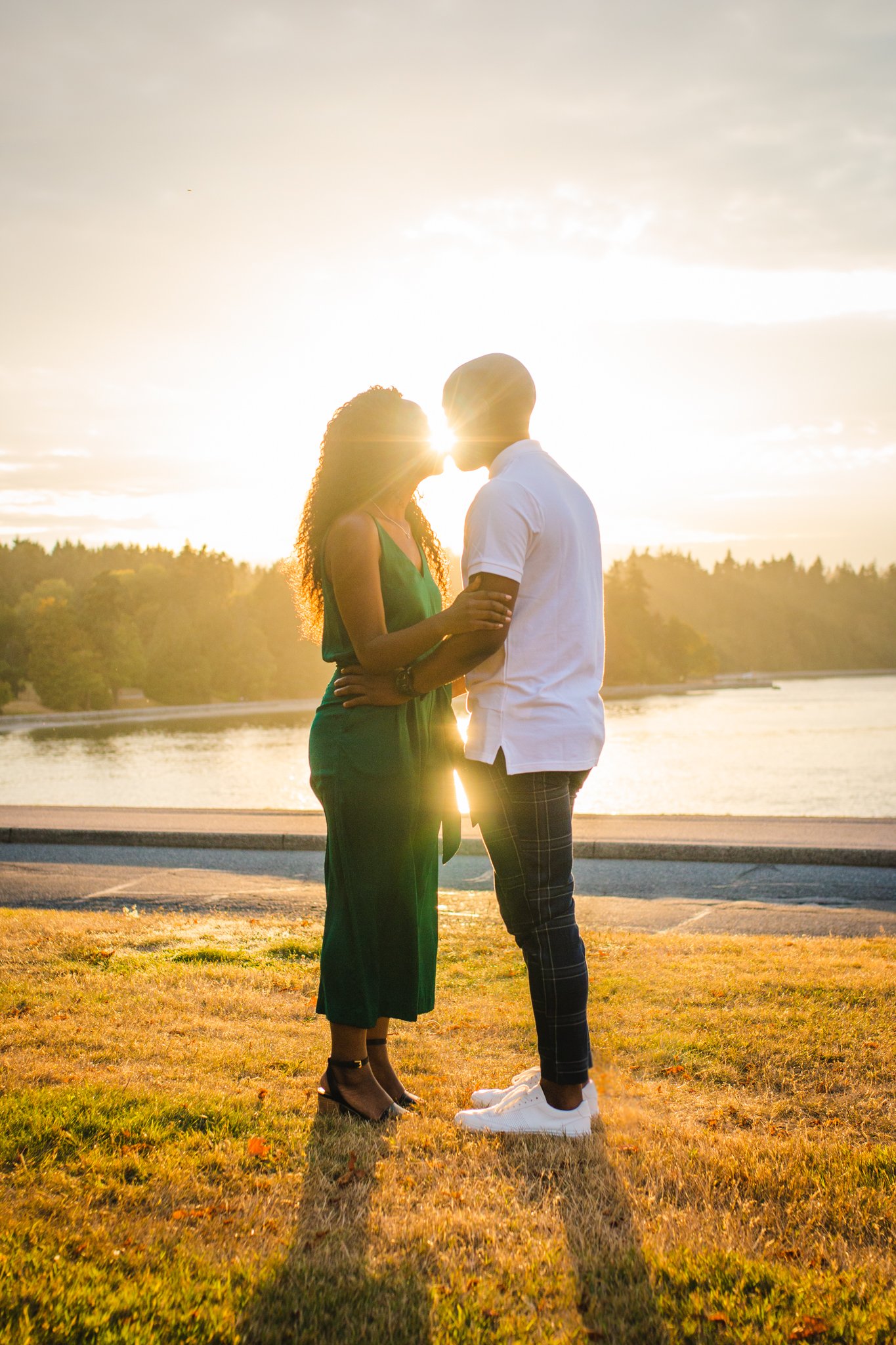Essay 4 of Through Our Lens: David Markwei
With his creative hobby, David Markwei, a Ghanaian Canadian photographer from Vancouver, has created a nuanced portfolio of Black people’s supremacy. From the long, thin dreads that poke out from the bed of our scalp to the sun-kissed brown that is buttered on our skin, Markwei captures the everyday life of Black people—and the conclusion is we look good doing anything.
“Whether it's people getting married, birthdays, graduations. Those sorts of moments, which we all go through, just seeing that our community is experiencing them living here is, it's a powerful thing,” says Markwei.
Vancouver, southwestern British Columbia, to put it simply, has very few Black people, much less of Ghanaian descent. “It’s very fragmented. We’re kind of all over the place. It takes a real effort to try to connect people. People’s time is very limited, especially for people of colour who often have to work even harder,” says Markwei.
When the community connects, the freshness of seeing a familiar face makes you hungry for more. It’s almost like a sigh of relief to socialize with someone who understands you for you. Markwei says that although he was a quiet person growing up, picking up a camera opened him up to a world of Black friendships, networks and excitement. “Around 2010, when I was in grade 10, I picked up photography and just carried [my camera] to events and whenever I would hang out with people,” says Markwei.
Markwei soon became “David: the guy with the camera” and connected with more African people. “After I graduated, at least like a few times a month, I’m able to go out to capture events hosted by Black people, take pictures for Black businesses, work with Black artists and nonprofits. It’s a fulfilling thing. People here are just excited to be around each other because it’s really rare.”
In an outsider's opinion, the usual question Black photographers get is, “You only shoot Black people?” The question is often dangerously “innocent” and borderline provocative, followed by a suggestion to “open up one’s style.” Markwei responds to situations like this by making it clear that since his community interaction was limited in his younger years, he doesn’t feel inclined to switch up his style or audience. He’s not in it for the money.
“I just want to be able to create a space where if you're a Black person coming to Vancouver, and you're looking to see where Black people are, you can just come to my page, and you'll see all sorts of things. All sorts of Black faces, events, proof Black people existed, and they are thriving here. They're celebrating each other here,” says Markwei.
For one of his projects with CBC, Markwei captured different photographs of Black hair for a Black History Month piece in 2021. Markwei talked to subjects about how their hair is a part of their Black identity and history. Working with a tight deadline, Markwei says the response to his initial call for subjects was surprising because hair is often a sensitive topic for some. “I was honoured that people were willing to trust me with their [hair] journey and share that aspect of themselves. It was super rewarding to have conversations with people on that level,” says Markwei.
As a Ghanaian Canadian, Markwei’s efforts have been long-spent grooming his versatility. It shows in the photographs he’s captured and the creativity that is like second nature. For those trying to find their way, Markwei says find your voice. “There’s so much content being put out that it’s really difficult to stay in your lane. Don’t worry about the reception because if you can find your niche and voice, there is an audience for that,” he says.
“Don’t focus on getting an audience when you’re starting; focus on developing yourself.”







